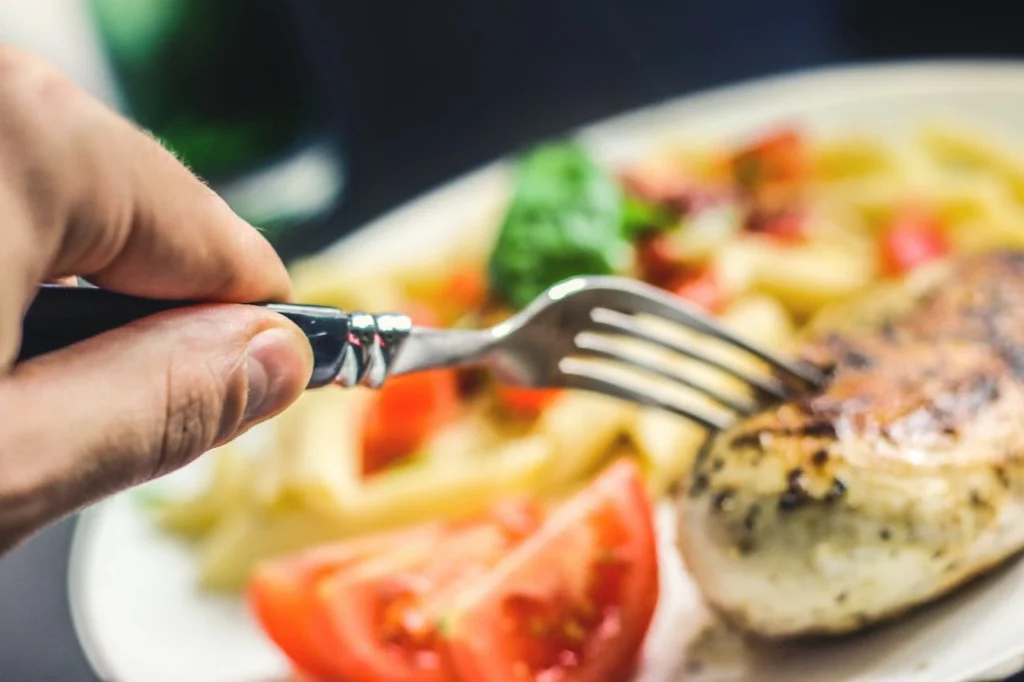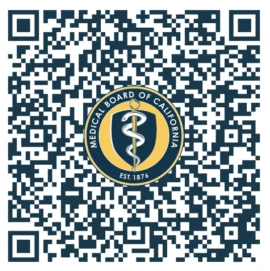People who eat quickly and eat until they are full have three times the risk of becoming overweight than those who do not, according to a recent study published on the British Medical Journal. The authors attributed the change in eating behaviors to increased availability of larger amounts of inexpensive food, fast food, fewer families eating together and eating while being distracted (e.g. eating while watching TV). Until recently, people did not have the opportunity to consume enough energy for the body to store fat.
The Japanese research studied 1,122 men and 2,165 women participants between the ages of 30 to 69. Around half (50.9%) of the men and just over half (58.4%) of the women said they ate until they were full. Forty-five percent of the men and thirty-six percent of the women said they ate quickly. Results also showed that those who said they ate quickly until they were full had a higher body mass index and total energy intake than those who did not “ate quickly until full.”
The researchers call on doctors to work with parents to encourage healthy eating habits in children. They recommend eating slowly, serving appropriate portion sizes, and eating as a family in a non-distracting environment.
A separate research published on the Journal of Clinical Endocrinology & Metabolism reported that eating a meal quickly suppresses the release of hormones in the gut that produce the sensation of being full, leading to overeating.
The study examined the release of gut hormones that regulate satiety in relation to different speeds of eating. Observing 17 healthy adult male volunteers, a test meal consisting of 300 ml ice cream (675 kcal) was consumed within a 5- and 30-minute period. The researchers found that the participants who took the full 30 minutes to finish the ice cream had higher concentrations of gut hormones and also tended to have a higher fullness rating.
Lead author Alexander Kokkinos, MD, PhD, of Athens University Medical School, Laiko General Hospital, Athens, Greece, was quoted as saying, “Our findings give some insight into an aspect of modern-day food overconsumption, namely the fact that many people, pressed by demanding working and living conditions, eat faster and in greater amounts than in the past,” said Kokkinos. “The warning we were given as children that ‘wolfing down your food will make you fat,’ may in fact have a physiological explanation.”



